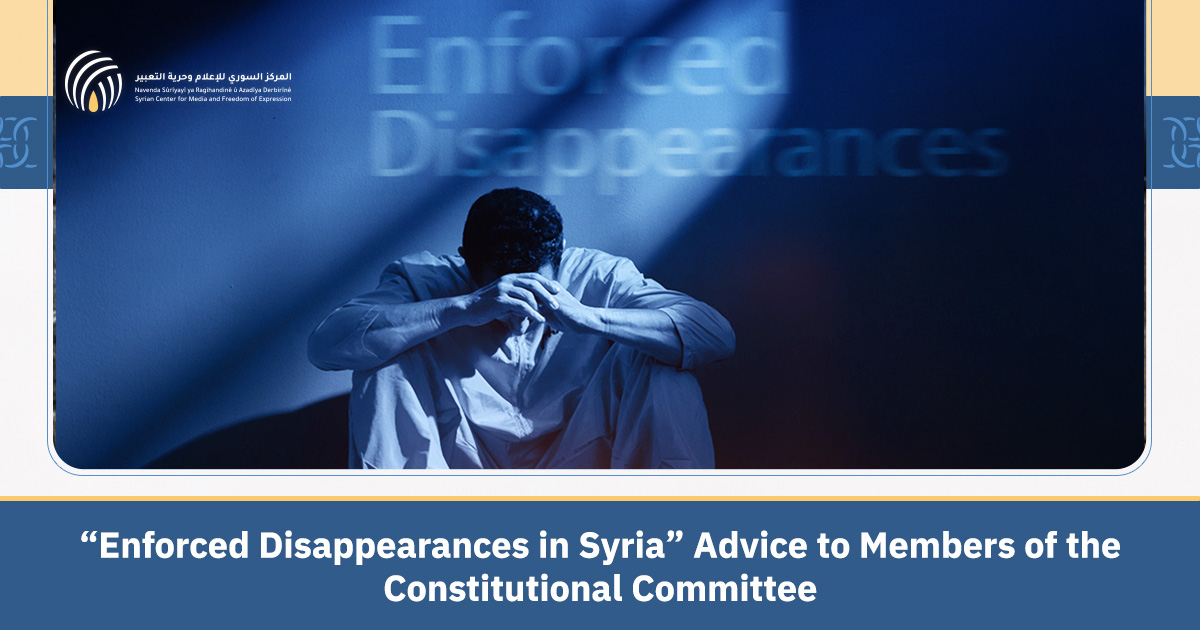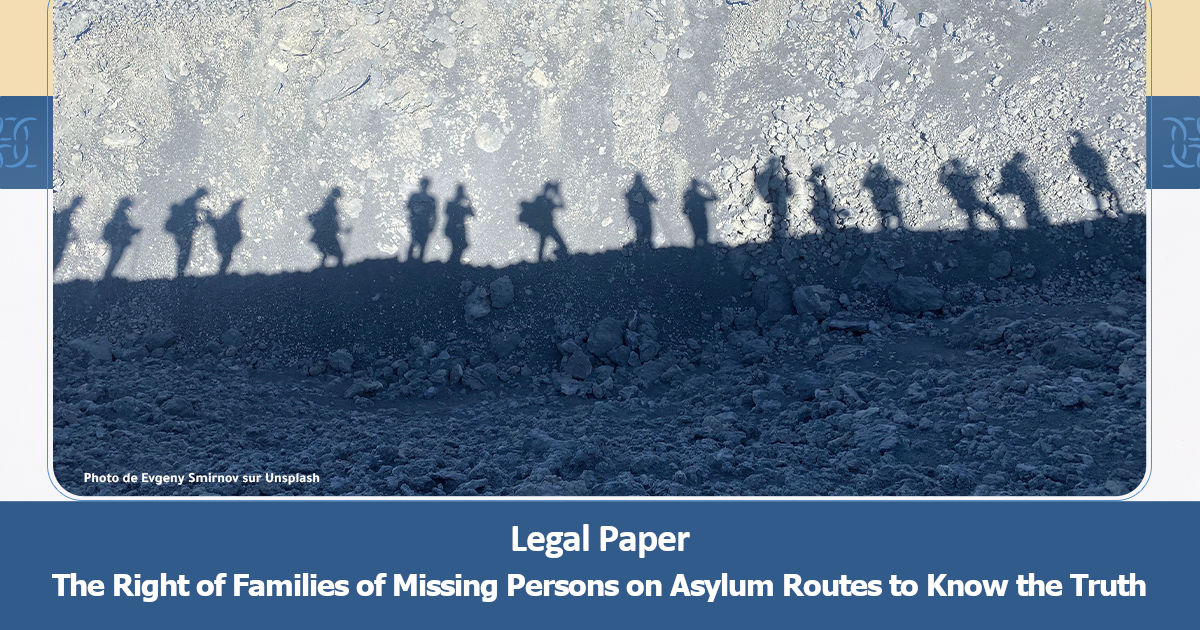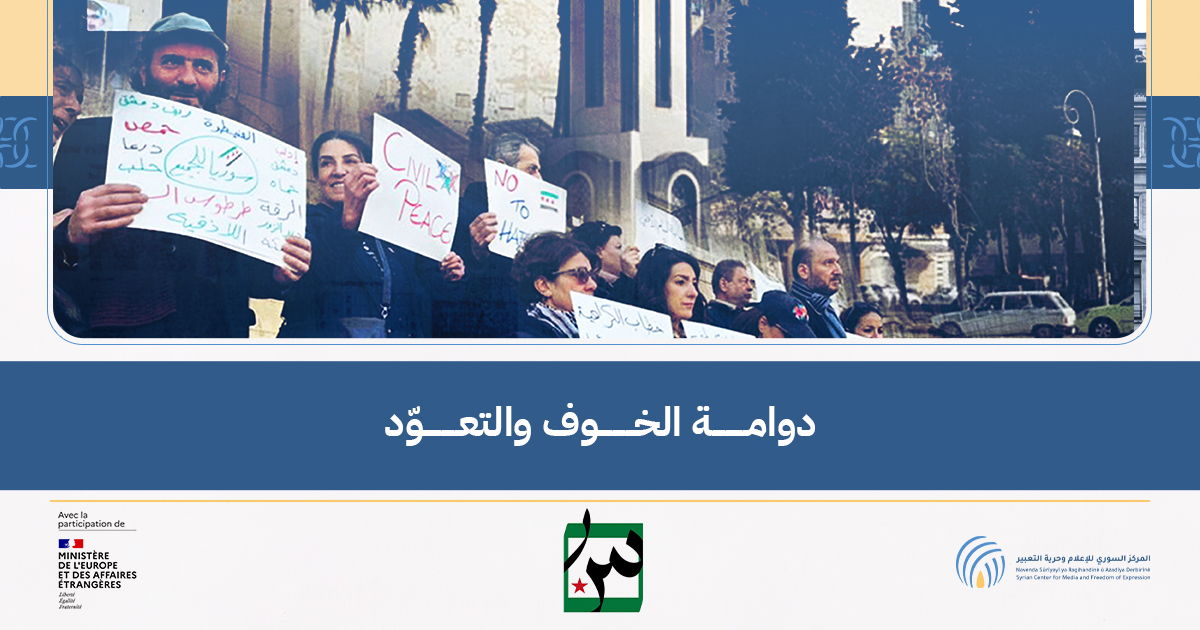The issue of the missing and forcibly disappeared in Syria is one of the major challenges facing any resolution to the conflict. It has gone on for decades, has been documented extensively, and yet continues to occur in complete impunity. The International Committee of the Red Cross has qualified the issue of disappearance during the Syrian conflict as “one of the most significant and complex that the ICRC has had to deal with in its modern history.”1
The challenge is not just about the unprecedented scale of the issue in Syria, the number of perpetrators involved or that victims’ families are dispersed across the globe as a result of fleeing the conflict. It is also that the practice of enforced disappearance by Syria’s security agencies has been an integral tool deployed by the Syrian regime to control society and repress any form of dissent for the last four decades. It is a systematic practice by a security bureaucracy that operates in total impunity. This impunity has been embedded in Syrian laws and practice for so long that without addressing it comprehensively, there cannot be any sense of justice or rule of law, and accordingly no sustainable peace.
This report aims to present other countries’ experiences in tackling the issue of enforced disappearance. By highlighting main challenges and points of tension in other contexts – from neighboring Lebanon and Iraq to experiences from farther afield such as Colombia – as well as attempts to overcome them, it hopes to help inform the discussions as well as the proposals of the Syrian Constitutional Committee’s third group.





